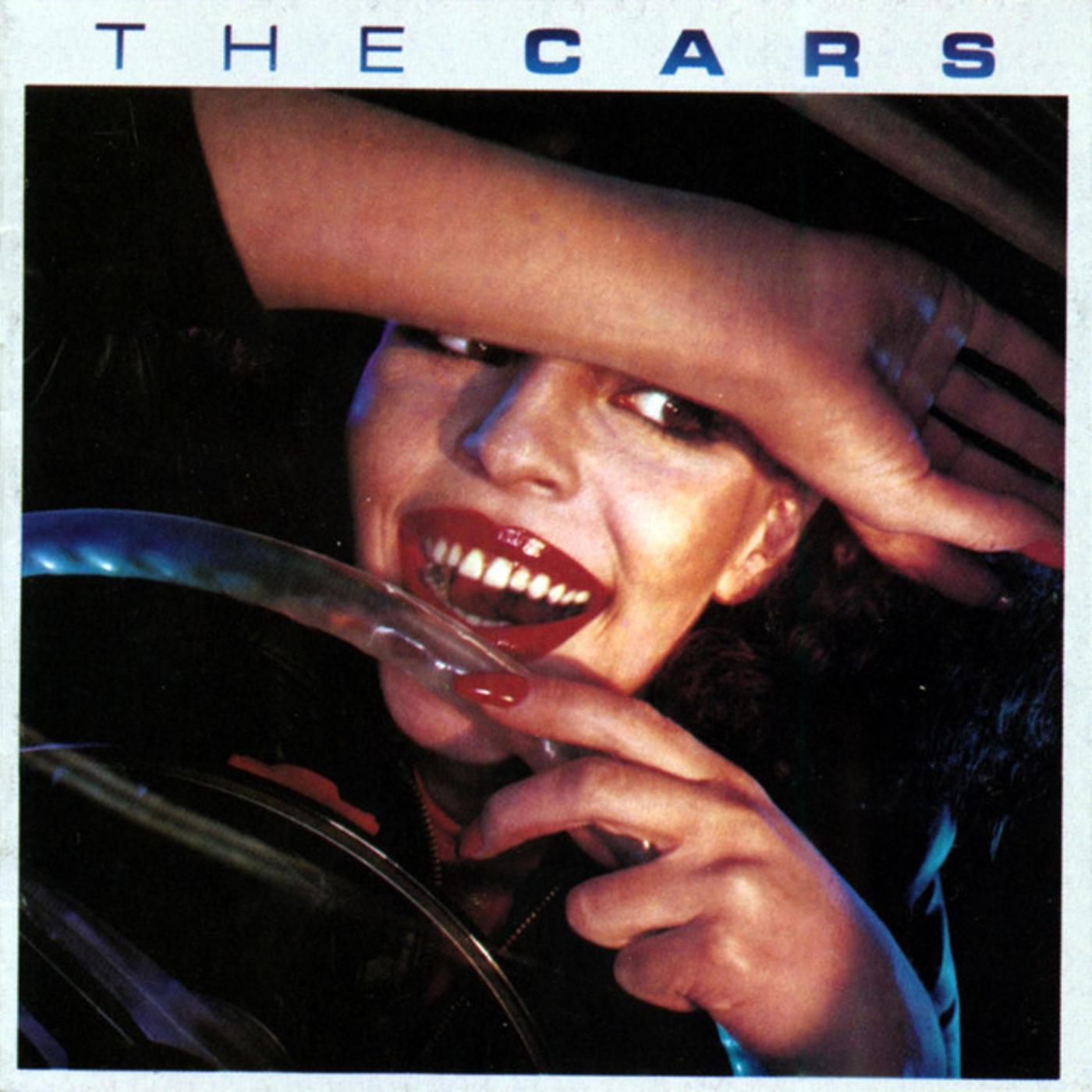UNDERRATED: The Cars, PANORAMA

The world of rock 'n' roll was not quite ready for what the Cars had in store with third studio album, PANORAMA. Having already charmed radio airwaves and pop charts with the band's first two albums, fans were chomping at the bit to see what Ric Ocasek and company had in store when the LP arrived August 15, 1980. What they got was, for many, quite a shock to the system.
"Well, it's definitely not a rehash of the first two albums, nor is it just some reply to all those f-cks who said the last album was nothing more than detached love affairs and hollow relationships," guitarist Elliott Easton told Rolling Stone in 1980, which had panned Panorama as "an out-and-out drag."
"Part of the problem for the Cars is defining where we fit in rock & roll," Easton continued. "But if a band hopes to make some inroads in radio for new music, then somewhere along the line, you have to reach millions of people. Deep down inside, it's a satisfying thing that our music is at all controversial or disturbing. That means it's a signpost--a point of departure from the rock mainstream."
Indeed, as Panorama sounded like nothing else happening in the rock mainstream that year. From the cold, robotic pulse of the title track, the record is a stark reflection of the album's cover art--a checkered flag rippling in the breeze--and its black, white and dark blue color motif. Lead single "Touch and Go" shifted from a disjointed beat and horror-movie keyboards to a galloping rockabilly romp and back again (and features a blistering solo from Easton), while album cuts including "You Wear Those Eyes" and "Up and Down" pushed well past the boundaries of traditional pop-rock into the realm of such experimental acts as Suicide, which Ric Ocasek was producing at the time.
Fans of the Cars weren't scared to pick up what the group was putting down, with Panorama peaking at #5 on the Billboard 200 for the week of September 20, 1980. The top album in America that week: Queen's The Game. While the sales for Panorama did lag compared to The Cars and Candy-O, it was still a rousing success, particularly for a record that confounded so many rock critics.
"I believe the Cars have something to contribute," Ocasek shrugged back in 1980. "You have to remember that we've only been together for three albums. I'd be really ashamed if we didn't go way beyond where we are now. I wouldn't offer anything we've done so far as an indicator of what we may sound like later."


